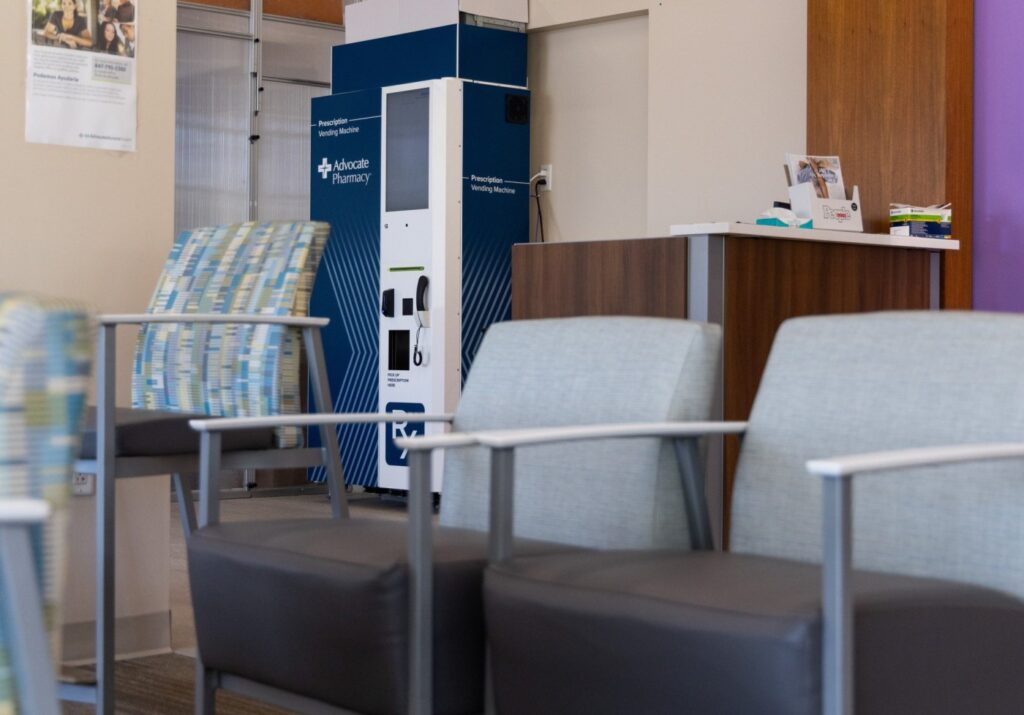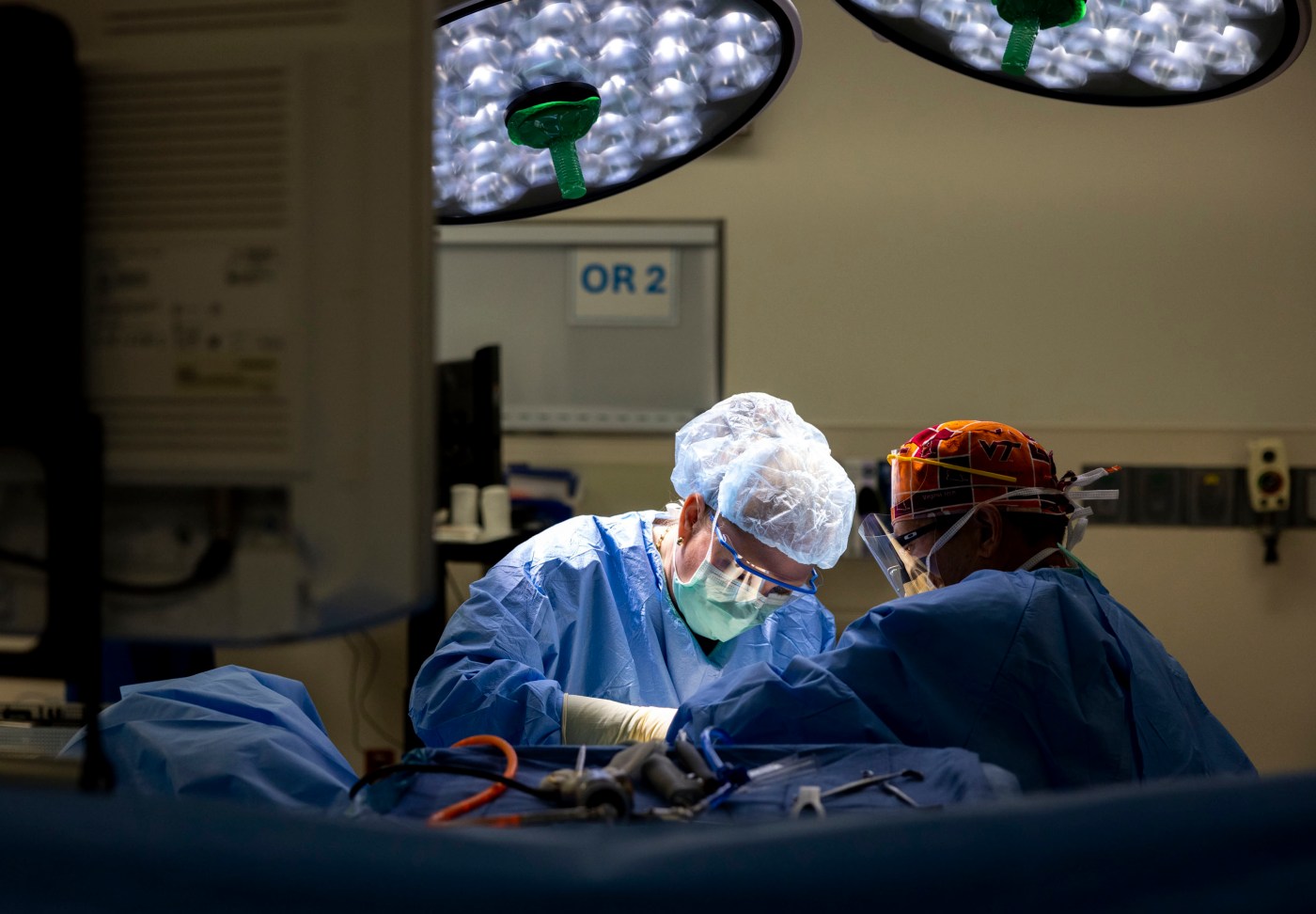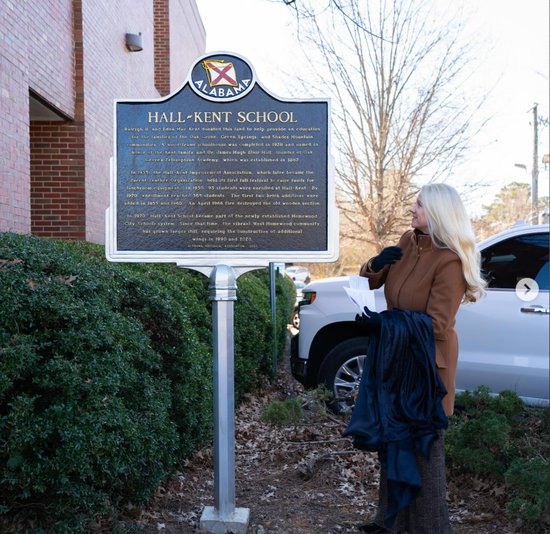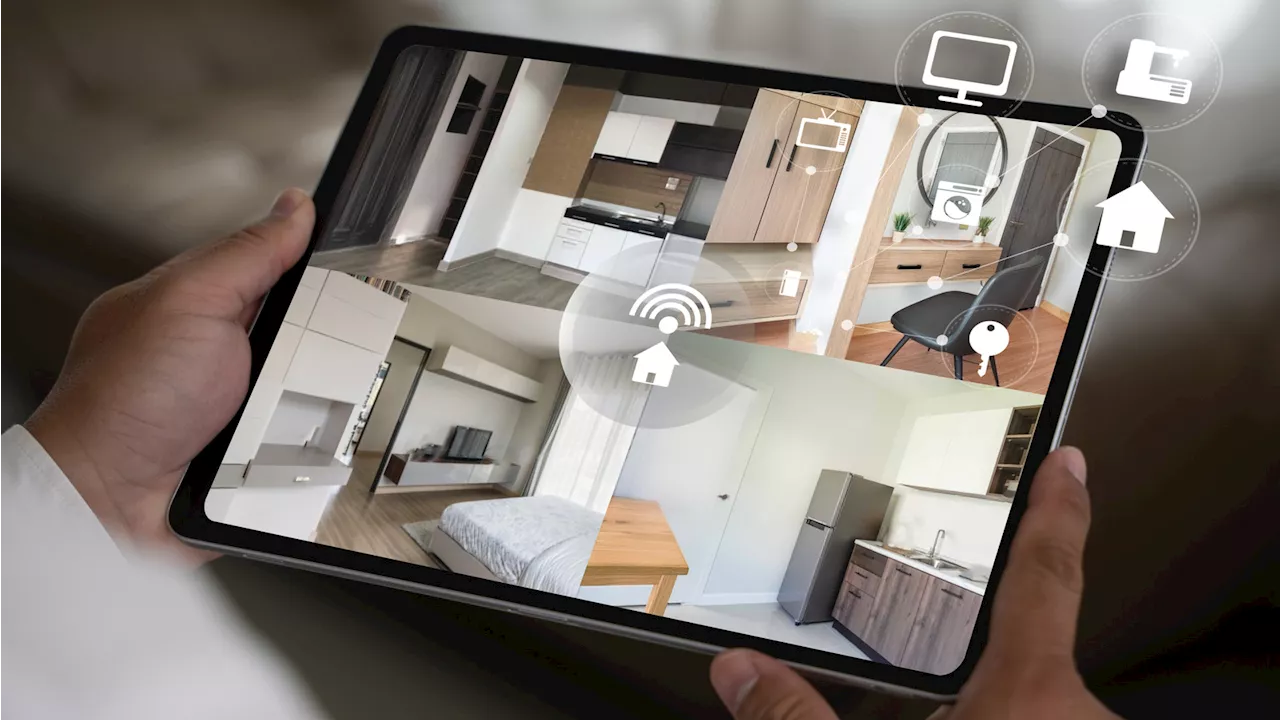
CHICAGO — Two innovative vending machines have been installed in Chicago, allowing patients to access prescription medications immediately after doctor appointments or hospital stays. Located at Advocate Trinity Hospital and Advocate Medical Group’s Imani Village clinic, these machines dispense various medications, including treatments for flu, infections, and chronic conditions such as heart disease and asthma.
Patients can collect their prescriptions right after their consultations. Doctors inquire if patients prefer to utilize the vending machines, and if they agree, prescriptions are sent to the pharmacy team for verification of availability. Once confirmed, patients receive notifications via call or text message.
Each machine features a large screen for identity confirmation and includes a phone receiver for video consultations with a pharmacist if patients have questions. Payments can be made via credit card, and patients simply wait for their medications to be dispensed.
Addressing Medication Accessibility Issues
The introduction of these machines comes in response to concerns raised by both patients and medical professionals regarding access to medications. Michelle Blakely, president of Advocate Trinity and South Suburban hospitals, noted that areas of the South Side are often referred to as “pharmacy deserts.” The closure of two Walgreens earlier this year exemplifies the challenges faced by residents in accessing essential medications.
Blakely highlighted that many patients struggle to fill prescriptions after discharge, often returning to the hospital due to unmet health needs. “A patient discharges with a prescription, goes home, doesn’t fill the prescription and circles back to the hospital,” she explained. “The pharmacy vending machine provides a nice way for us to place a prescription in a patient’s hands before they even leave our building.”
On one occasion, Dr. Julie Taylor, a family medicine physician at Advocate, offered to send a prescription for an antibiotic to the vending machine after treating a patient. “She would save money on transportation to the pharmacy, save time waiting,” Taylor stated, emphasizing the convenience for patients.
Impact and Future Prospects
Since the activation of the Trinity machine about a month ago, it has dispensed over 35 prescriptions. The Imani Village machine, which recently became operational, is expected to enhance access further. Taylor noted that if the machines help just a few patients each day, they could significantly impact health outcomes, saving time, money, and reducing unnecessary hospital visits.
Despite the positive reception, there are concerns regarding the role of vending machines in healthcare. Garth Reynolds, executive director of the Illinois Pharmacists Association, expressed the importance of having onsite pharmacists. “If we’re trying to be innovative and responsive to costs, we also have to be very careful that we’re not eroding the provider relationship between the patient and pharmacist,” he remarked. While he acknowledged the value of the video consultation feature, he emphasized the benefits of personal interactions in healthcare.
The vending machines are part of Advocate’s broader initiative to improve healthcare delivery on the South Side, a project totaling $1 billion. Plans include replacing Advocate Trinity Hospital with a more modern facility and expanding access to primary and specialty care.
The project aims to address long-standing health disparities in the region by improving healthcare accessibility. A third vending machine is scheduled to be installed at Advocate South Suburban Hospital in Hazel Crest later this year, with the potential for more machines at additional Advocate locations in the future.
The introduction of these vending machines represents a significant step towards enhancing patient care and addressing the barriers to medication access in underserved communities.






